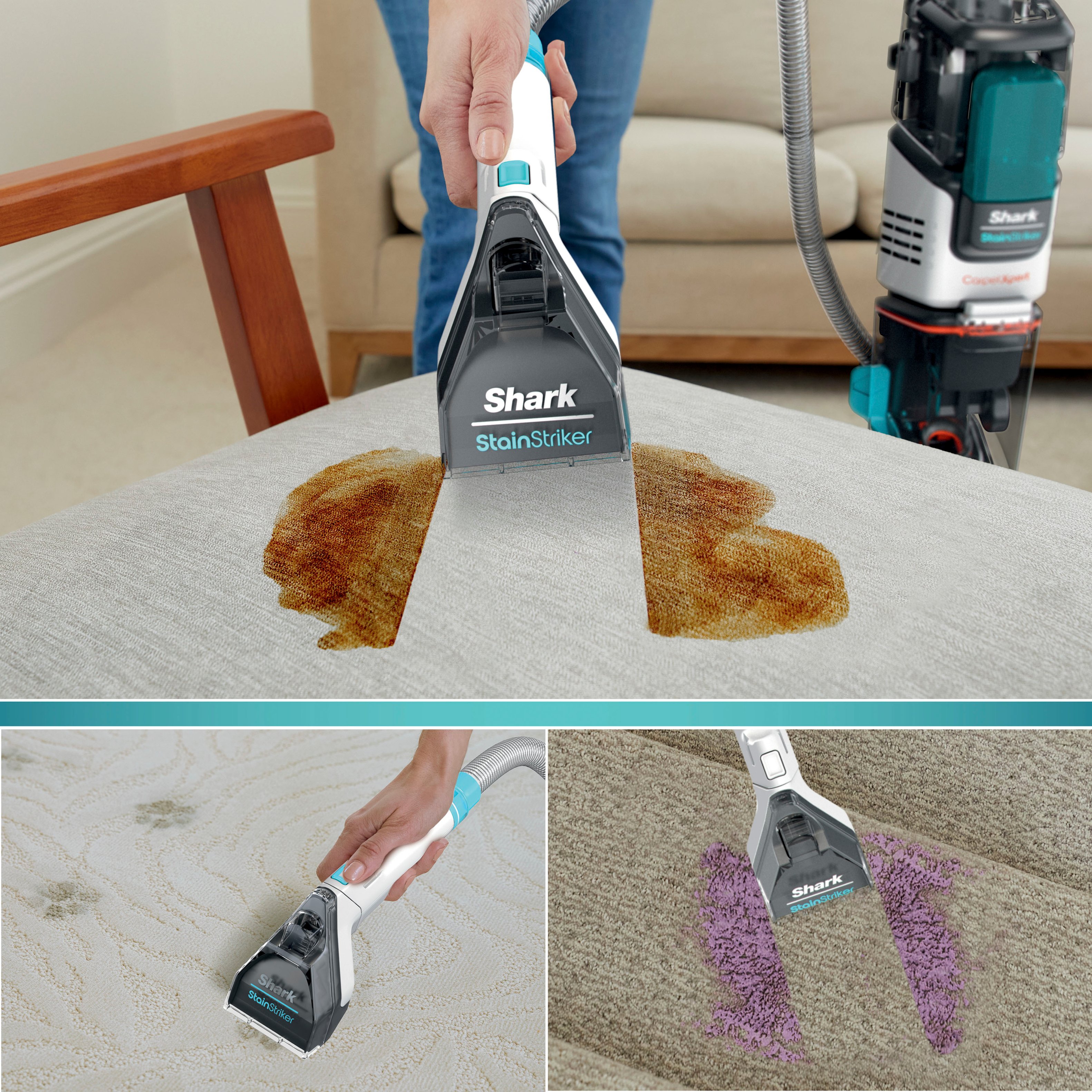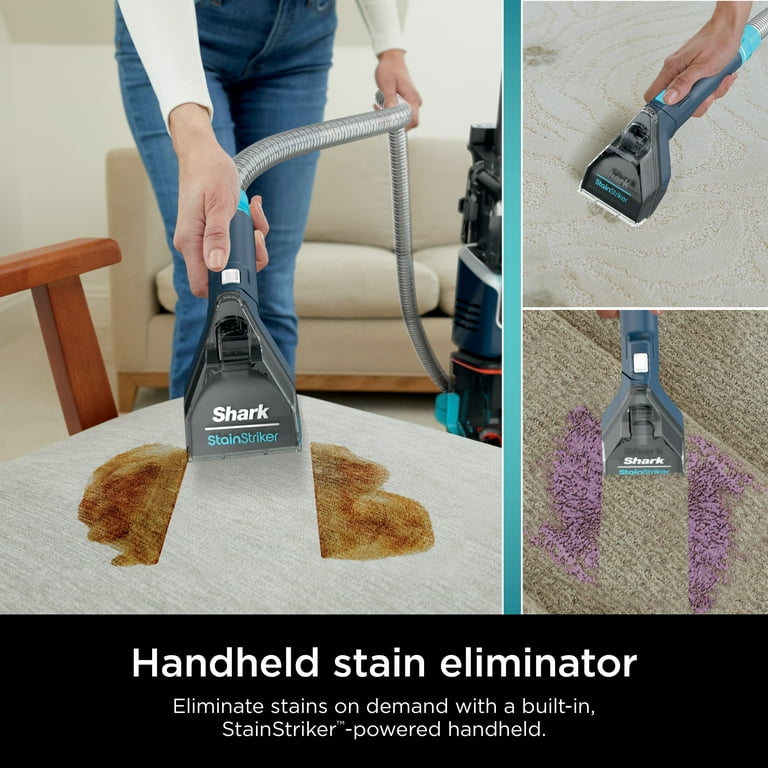Carpet Deep Cleaning: The Ultimate Option for Stubborn Spots and Odors
Carpet Deep Cleaning: The Ultimate Option for Stubborn Spots and Odors
Blog Article
A Thorough Appearance at Rug Cleaning Kinds: From Vapor Cleaning to Dry Cleaning, Which Method Is Ideal for Your Needs?
When it comes to maintaining the look and longevity of your rugs, choosing the ideal cleaning technique is critical. With alternatives ranging from heavy steam cleaning, which succeeds in deep sanitation, to dry cleansing techniques that cater to delicate fibers, the decision can be intricate.
Review of Carpeting Cleaning Techniques
While numerous carpeting cleansing approaches exist, each method is made to deal with specific cleaning needs and carpeting types properly. Understanding these techniques is essential for picking one of the most ideal approach tailored to private scenarios.
Among the most usual techniques is dry cleaning, which uses very little dampness and specialized cleansing substances. This approach is particularly useful for sensitive carpet fibers that may be damaged by too much water (carpet deep cleaning). Another prevalent option is warm water removal, frequently referred to as vapor cleaning, which uses warmed water and cleaning agents to remove dust and stains deeply embedded within the carpet fibers
Encapsulation cleansing is an additional modern-day approach, using artificial detergents that take shape dust particles. This method is efficient and reduces drying time, making it optimal for industrial setups. In addition, hood cleansing utilizes a rotating barrier with absorbent pads to lift surface soil, generally used in hotels and high-traffic areas for fast cleanings.
Inevitably, the choice of rug cleaning approach depends upon factors such as rug kind, level of staining, and preferred outcomes. By meticulously considering these variables, companies and house owners can ensure the durability and look of their carpets.
Steam Cleaning Explained
One of the most efficient carpeting cleansing approaches is heavy steam cleaning, also known as hot water extraction. As the water is injected into the rug, it breaks down the grime, allowing it to be successfully eliminated.
Heavy steam cleansing is specifically reliable for deep cleansing rugs, as it not just gets rid of surface dirt however also eliminates bacteria and dirt termites, adding to a healthier indoor environment. The approach is appropriate for various sorts of carpetings, including those made from natural and artificial fibers.
After the removal procedure, carpetings may retain some wetness; nonetheless, with correct devices, drying times can be dramatically reduced. Routine heavy steam cleansing can extend the life of rugs while improving their look. Generally, heavy steam cleaning stands out as a detailed service for preserving clean, fresh carpets, making it a recommended option for both industrial and residential settings.
Dry Cleaning Strategies
Dry cleaning techniques use an efficient alternative to traditional vapor cleaning, particularly for rugs that might be delicate to dampness or require a quicker drying out time. This approach makes use of specialized cleansing solvents rather of water to eliminate dust and stains, making it suitable for fragile materials and carpets that could be harmed by excessive moisture.

Another method utilizes solvent-based cleaning options, which are put on the rug utilizing a low-moisture approach. This strategy reduces the threat of shrinking or color blood loss while properly lifting stains.
Dry cleaning is particularly helpful for business setups or houses with high foot website traffic, as it guarantees very little disruption. Overall, these methods provide a dependable alternative for maintaining carpetings without the prolonged drying times connected with damp cleaning strategies.
Comparison of Cleansing Techniques
When evaluating different carpeting cleansing approaches, it is important to evaluate the benefits and drawbacks of each strategy to establish one of the most appropriate choice for certain requirements. Heavy steam cleansing, frequently taken into consideration one of the most reliable technique, makes use of warm water removal to eliminate deep-rooted dirt and allergens. Nevertheless, it needs longer drying out times and might not be excellent for fragile carpetings.
On the other hand, dry cleaning methods, such as encapsulation and hood cleaning, offer quicker drying out times, making them more practical for residential settings. These methods make use of minimal wetness, which lowers the threat of mold development however might not achieve the same level of deep cleansing as heavy steam cleaning.
Shampooing is one more choice, reliable for surface dust however typically leaves deposits that can draw in dust over time - What A Difference Carpet Cleaning - Lexington KY. carpet deep cleaning. Additionally, it's labor-intensive and might require specialist intervention for thorough results
Selecting the Right Technique
Selecting the proper carpeting cleansing technique pivots on a number of elements, consisting of the sort of rug, the level of soiling, and the desired results. Various rugs, such as wool, synthetic, or all-natural fibers, react uniquely to various cleansing techniques. As an example, heavy steam cleaning, which makes use of warm water extraction, works for synthetic carpets yet may damage delicate fibers like wool.
The extent of staining plays a critical role in technique selection. Heavily dirtied rugs may require deep cleansing techniques like steam cleansing or encapsulation, whereas lightly dirtied carpets might benefit from simpler methods such as completely dry cleansing or vacuuming.
Preferred outcomes likewise affect the selection of cleansing technique. If quick drying is a priority, dry cleansing methods are more suitable, as they call for minimal moisture. Conversely, if the goal is to get rid of stubborn spots and allergens, heavy steam cleansing could be the much better alternative regardless of longer drying out times.
Ultimately, examining these factors image source assists experts and homeowners make notified decisions, ensuring that the chosen approach not just cleans up effectively but additionally maintains the honesty and durability of the carpeting.
Final Thought
To conclude, selecting an appropriate carpeting cleaning technique depends upon certain carpeting types and individual cleaning needs. Vapor cleaning supplies deepness and cleanliness, while completely dry cleansing supplies rate and comfort for moisture-sensitive materials. Each approach possesses unique benefits, making it vital to assess the level of soiling and desired cleaning end results. Eventually, notified choices relating to carpet upkeep will improve long life and protect the visual high quality of the rugs.

Report this page